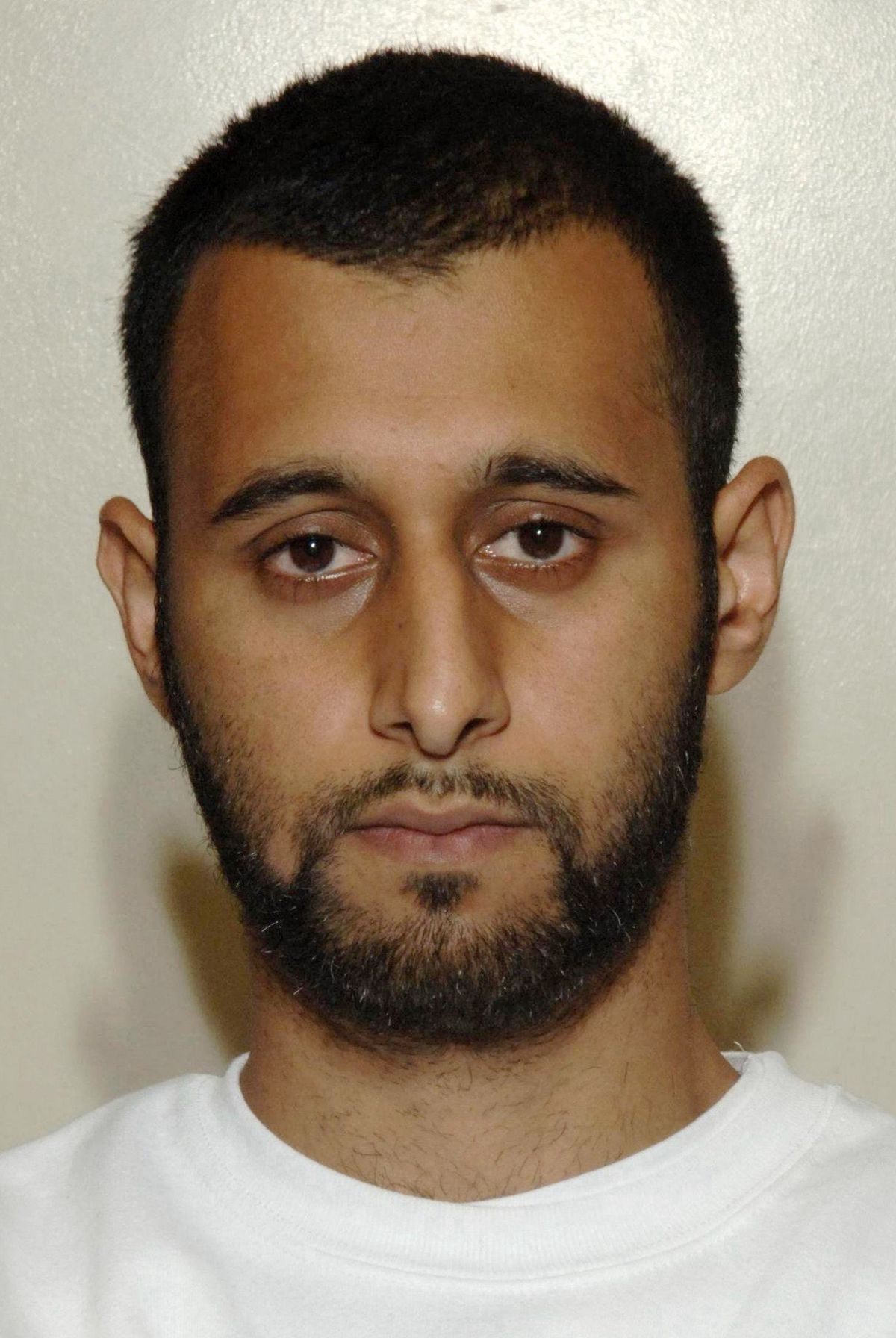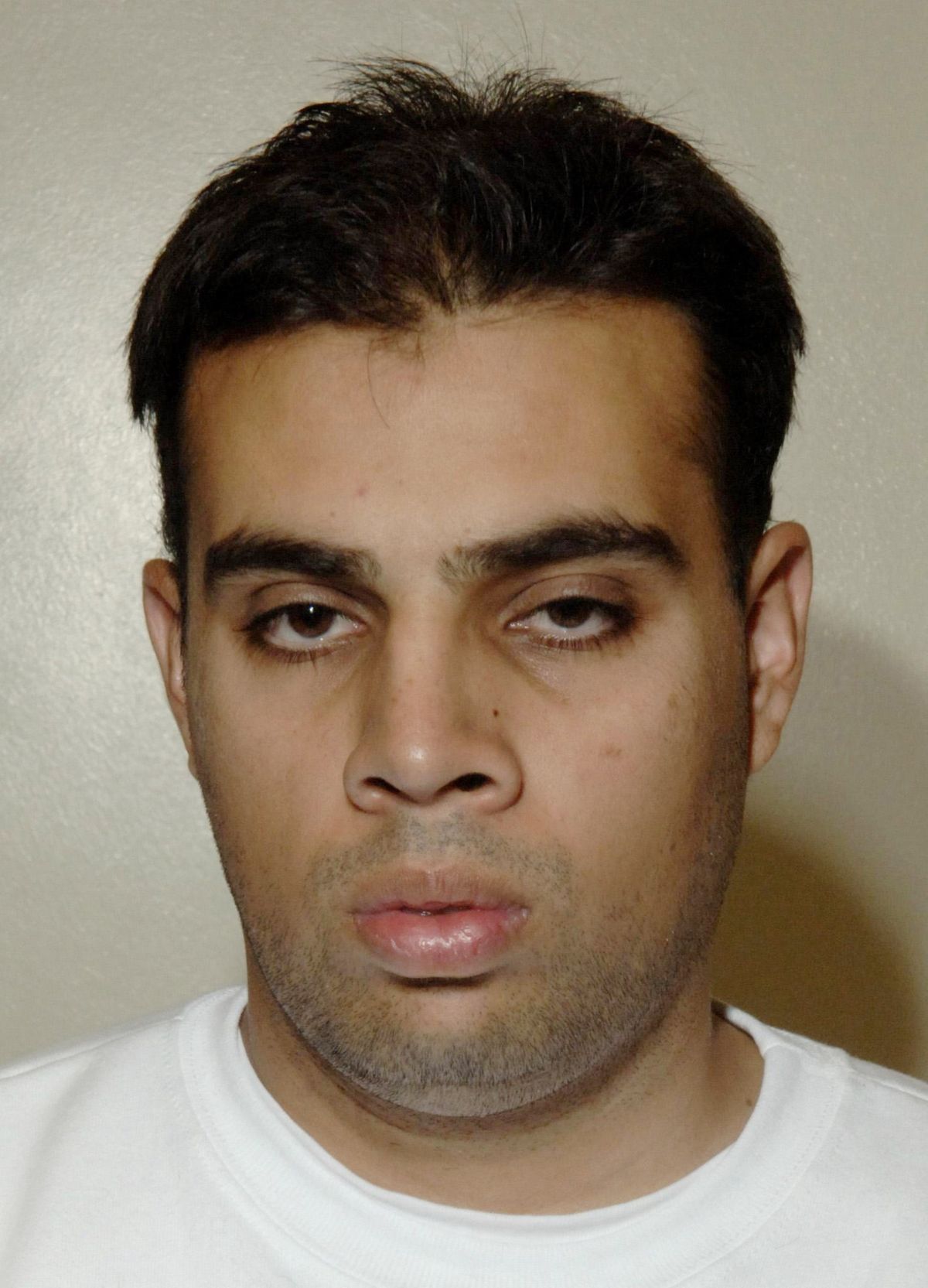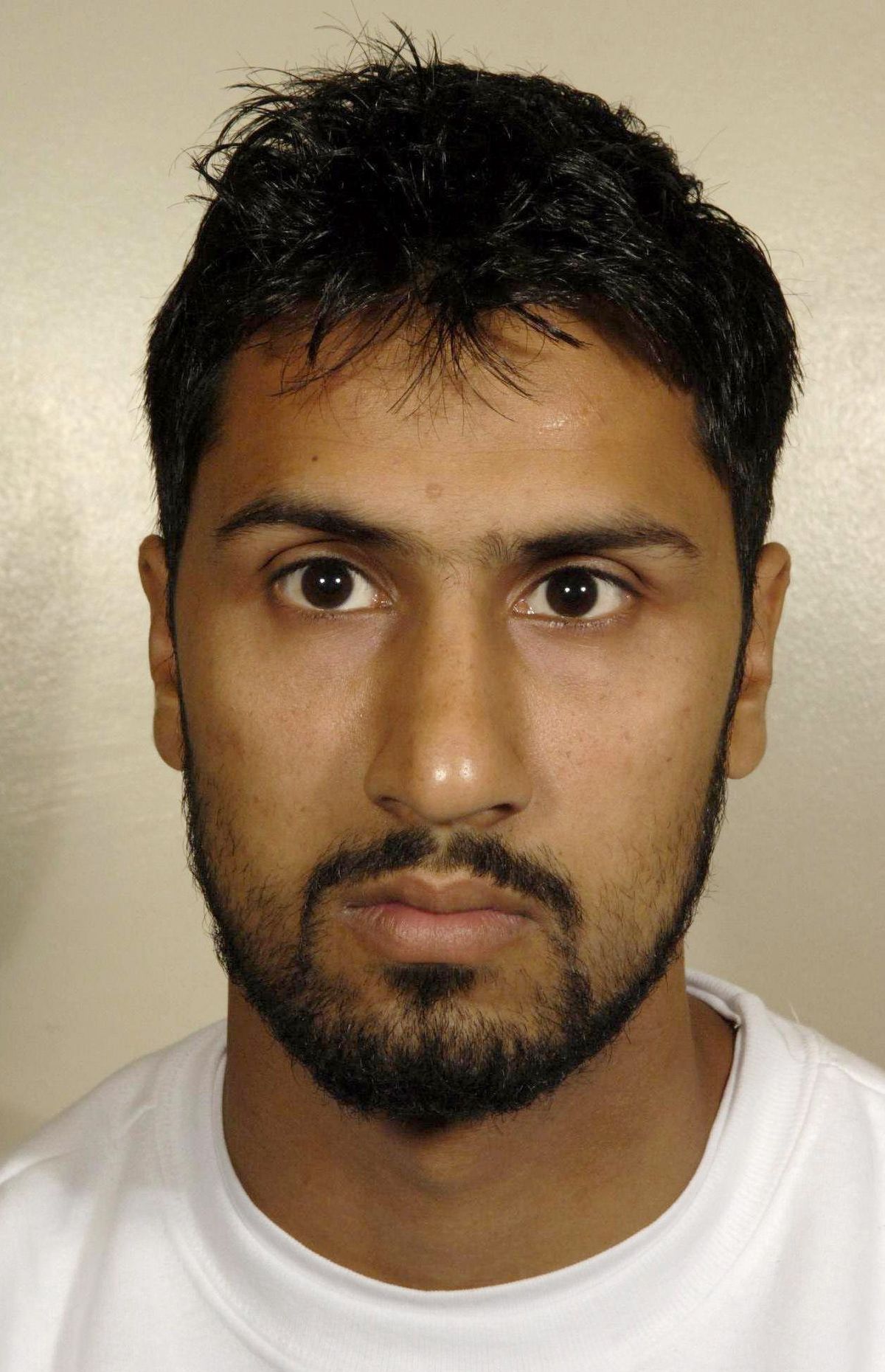Britons convicted in bombing plot
Plan to blow up seven planes led to changes in travel security
Ali (The Spokesman-Review)
LONDON – Three young Britons were declared guilty Monday in a London court of planning to blow up trans-Atlantic planes in an al-Qaida terrorist plot that could have killed thousands of people.
A jury in Woolwich Crown Court convicted Abdulla Ahmed Ali, 28, Tanvir Hussain, 28, and Assad Sarwar, 29, of conspiring to murder by setting off liquid bombs smuggled aboard seven North America-bound airliners in sports-drink bottles. Police have said their plan was possibly days away from fruition when the men were arrested in August 2006 amid the biggest counterterrorism investigation in British history.
The plot sparked worldwide changes in airport security, including limits on how much liquid passengers can carry aboard flights.
The verdicts came as a major relief for British law enforcement and intelligence officials haunted by the failure of a jury to reach a decision on those charges in the first trial a year ago. At that time, the three men were convicted only of conspiracy to murder, without the aircraft element, leaving questions about the government’s portrait of a terrorist threat to air traffic.
“This case reaffirms that we face a real and serious threat from terrorism,” British Home Secretary Alan Johnson said. “This was a particularly complex and daring plot which would have led to a terrible attack resulting in major loss of life.”
But the prosecution’s victory was a partial one. Four other defendants were acquitted of the same charges Monday, and the jury deadlocked over an eighth man, although he was found guilty on a general charge of conspiracy to commit murder.
Ali, Hussain and Sarwar now face sentencing and could receive life in prison.
The case has shocked the public here not only because of the audacity and scale of the plan but because its orchestrators, though of Pakistani descent, were British-born Muslims seduced by violent Islamic radicalism.
Revelation of the plot and its use of liquid-based bombs also threw the airline industry into chaos. For a brief period, all hand luggage was banned on flights out of Britain, and security lines ballooned. Although the restrictions have been eased, a limit on carry-on liquid items remains in force at airports around the world and is unlikely to be relaxed.
In the retrial, which lasted nearly six months, prosecutors drew on 26,000 exhibits – including evidence gleaned from a bugged house and seized computers – to detail a plot to bring down the seven airliners in a single day. The organizers allegedly picked out flights from London’s Heathrow Airport to cities such as San Francisco, New York, Washington and Toronto.
Intelligence officials say the conspirators were directed by al-Qaida and that their handler was a Pakistan-based militant, Rashid Rauf. The hoped-for death toll and the targeting of planes by men on suicide missions were clear hallmarks of the network. So was the involvement of another Pakistan-based operative, an explosives expert identified as Abu Ubaidah al-Masri, who anti-terrorist officials believe masterminded the July 7, 2005, bombings on London’s transport system, which killed 52 people.
Prosecutors identified defendant Ali as the ringleader of the airliner plot. Investigators found a “martyrdom video” in which the bearded young man berated the West for occupying holy Muslim lands and said the imminent airborne attack would “teach them a lesson they will never forget. … You have persisted in trying to humiliate us and kill us and destroy us.”
Sarwar was the group’s chemist, rounding up the ingredients for the hydrogen peroxide-based solution that was to be sneaked on board the planes by injecting it into plastic drink bottles, prosecutors said. Once in the skies over the Atlantic, the attackers were to assemble and set off the makeshift bombs, using batteries to help detonate them.
In his own suicide video, Hussain told of his wish to come back and “do it again and again until, you know, people come to their senses and realize … don’t mess with the Muslims.”
Defense lawyers argued that the suspects had no intention to blow up airliners. The videos and explosive material were to be used merely for small-scale publicity stunts to frighten people, lawyers argued.
The specter of last year’s unsuccessful prosecution on the aircraft angle hovered over the new trial from its start in March. In many ways, the credibility of Britain’s counterterrorism operation, the government’s warnings of the national threat level and even the new security measures imposed on the airline industry were on the line.


